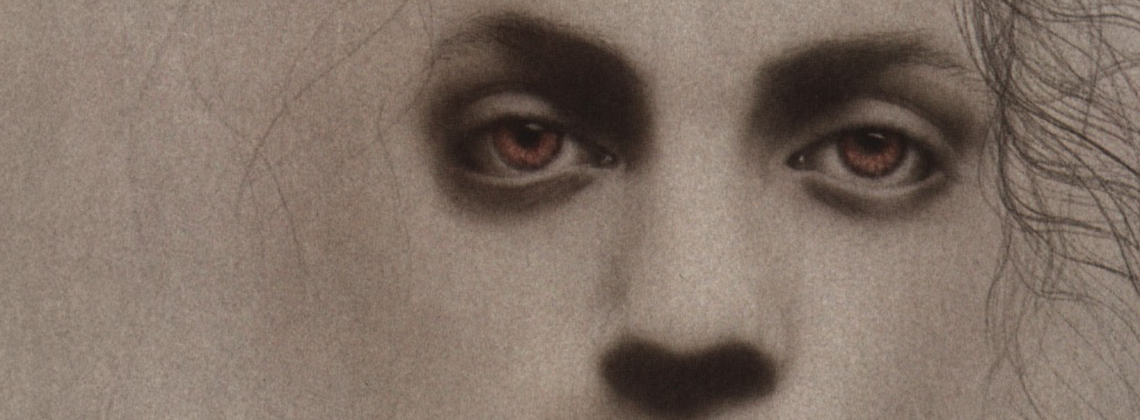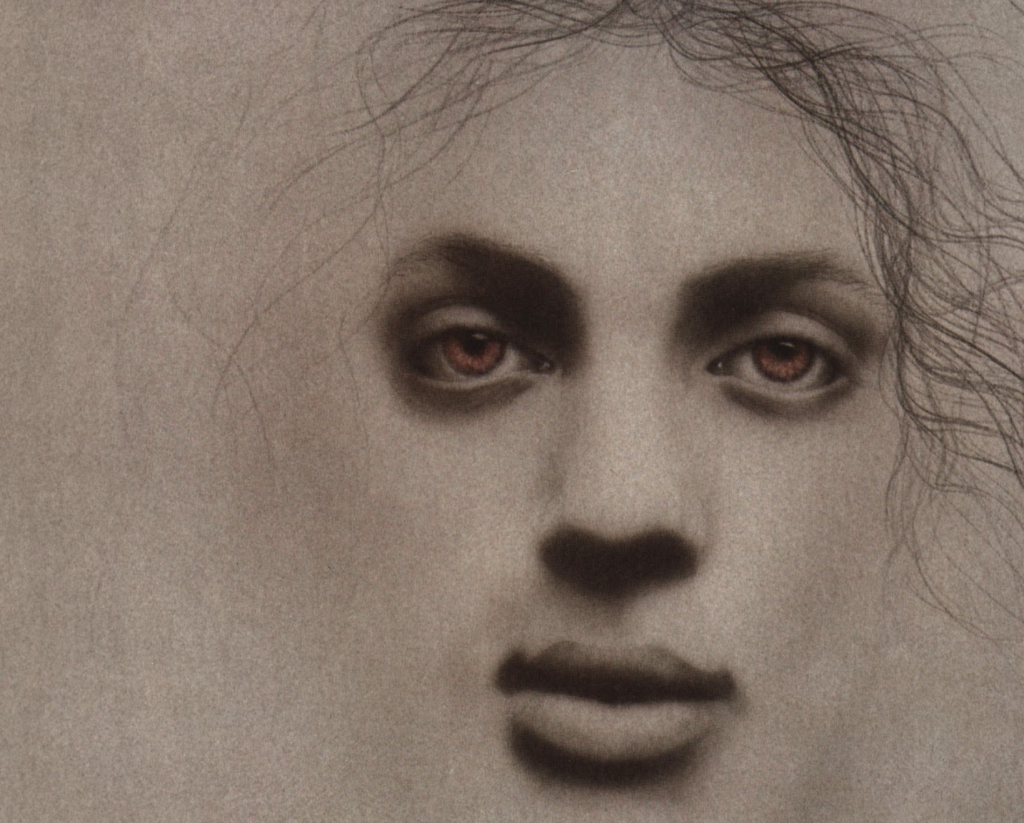

Billy Joel’s first single in seventeen years provides occasion for reflection
Billy Joel has regrets.
That, at least, is an inference one can draw from “Turn the Lights Back On,” which releases today—his first in seventeen years. In it the narrator asks, “Did I wait too long?”
The song sample unveils a meditative ballad, and the video opens with a wrinkled notebook image with the lyrics of “Famous Last Words,” which was the closing track of his last album, River of Dreams, released over thirty years ago. In 2007 Joel released a single, “All My Life,” a final collaboration with longtime producer Phil Ramone, written and performed in a Sinatraesque mode. All of Joel’s pop recordings are autobiographical in some way or another (though he did write “Christmas at Fallujah” for the young singer-songwriter Cass Dillon in 2008), but “Turn the Lights Back On” seems more directly personal than most.
Did he wait too long? Commercially speaking, the answer is almost certainly yes. River of Dreams debuted at the top of the Billboard album chart upon release, and the title track—a lively yet melancholy doo-wop piece that ranks among his most his gorgeous confections—reached #3 on the pop chart that year. By the early 1990s, Joel had a large and loyal following, and it stands to reason he could have retained his prominence for the remainder of the decade had he chosen to do so.
Artistically, the answer isn’t so clear. There were signs Joel was losing steam as early as Storm Front in 1989. To all outward appearances the album, helmed by rock producer Mick Jones, was another typical Joel success. It became his third number one album (after 52nd Street and Glass Houses) and contained his third number one single, “We Didn’t Start the Fire” (after “It’s Still Rock & Roll to Me” and “Tell Her About It”). Another song from the album, “I Go to Extremes,” landed in the top ten in 1990, and Garth Brooks’ cover of a third song, “Shameless,” topped the Billboard country chart in 1991.
And yet Storm Front also revealed a kind of structural weakness in Joel’s songwriting in the final years of his recording career. This weakness is rooted in his self-image: Joel always considered himself a rock & roll musician. This identity reflected the musical culture when he came of age, one he embraced and even insisted upon, to the point of stridency, on Glass Houses in general and “It’s Still Rock & Roll to Me” in particular. (A certain tetchiness has marked much of his music, and cost him the goodwill of many critics, who found him off-putting.)
The peculiar paradox of Joel’s career is that he’s done most of his best work when his songs emerged in creative tension with other genres—country and bluegrass in “Travelin’ Prayer” and “You’re My Home”; the American songbook in “New York State of Mind” and “Baby Grand”; jazz in “Zanzibar” and “Big Man on Mulberry Street”; gospel music in “River of Dreams.” The classically trained Joel was never purely imitative in these modes, and a sense of musical ambition led him to tweak those genres in subtle but arresting ways in the process of crafting memorable melodies and sophisticated lyrics. This is also—even especially—true when Joel engaged with the rock tradition, as he did to impressive effect with the Beatles on The Nylon Curtain (1982) and R&B in An Innocent Man (1983). But when left entirely to his own devices, what he tended to produce is straight rock. And more often than not, it wasn’t especially distinguished.
Joel’s great fortune was in coming of age when he did. Born in 1949, he was a quintessential baby boomer who began his musical career at a time when the music industry was fat, happy, and willing to let acts develop (it took him years before he finally arrived with The Stranger in 1977). More importantly, Joel’s postmodern sensibility—his effortless ability to mimic styles and make them sound vibrantly fresh—was well suited to the neoconservative cultural mood that emerged in the closing decades of the twentieth century.
Amid the upheavals the music industry has faced with the advent of streaming, his catalog, stocked with catchy songs, has given him more currency than one might expect for an aging rock star, bolstered by steady touring that kept him in circulation. He continues to function as a point of reference, whether for Olivia Rodrigo grimly imagining a former partner she taught the lyrics of “Uptown Girl,” singing them to his new paramour in her 2021 hit single “Déjà Vu,” or Fall Out Boy, who provided a set of twenty-first century lyrics in their 2023 version of “We Didn’t Start the Fire.” Just last month the seventy-eight-year-old Dolly Parton released a cover of “The Entertainer,” in which she provides an arresting world-weariness in stark counterpoint to the edgy impetuousness of the then twenty-five-year-old Joel.
It’s instructive to compare Joel’s career with that of his almost exact contemporary Bruce Springsteen. A few months before Joel released River of Dreams, Springsteen released Human Touch and Lucky Town simultaneously, which most critics consider among his weakest work. In the thirty years since he has released eleven more albums of varying quality, though only one—The Rising (2002)—can really be said to rank among his best work. One can certainly admire Springsteen’s tireless work ethic and his evident commitment to art for art’s sake (he sure as hell isn’t doing it for the money). But it would be hard to argue that he has significantly extended his legacy in this century.
It would be lovely if “Turn the Lights Back On” managed to cut through our current media thicket and allow Joel, who turns seventy-five in May, to have a swan song. But his legacy is secure—as secure as any legacy can be in the evanescent world of popular music.
Jim Cullen was a Lecturer in History and Literature and a Preceptor of Expository Writing at Harvard from 1994-2001. He now teaches at Greenwich Country Day School in Greenwich, Connecticut. His most recent book is Bridge & Tunnel Boys: Bruce Springsteen, Billy Joel, and the Metropolitan Sound of the American Century.
“Turn the lights back on” is that rare and precious thing in pop music – a love song for grown-ups. At least in my listening experience and assessment, the best to come along since Jason Isbell’s “If we were vampires.”